About Major Nutrition and Dietetics In Turkey
About Major Nutrition and Dietetics In Turkey
The Requirement Nutrition and Dietetics In Turkey
Frequent Question Nutrition and Dietetics In Turkey
Apply Now!
University Available Nutrition and Dietetics In Turkey
About Major Nutrition and Dietetics In Turkey

An overview of Nutrition and Dietetics:
Nutrition and diet are concepts related to the field of health, and are used to describe how people consume food and drinks and how this affects their health. Nutrition is the process of eating and drinking to provide the body with the energy and nutrients it needs. A diet is a specific pattern of eating and drinking for the purpose of achieving certain goals, whether that is to improve health, control weight, or deal with certain health conditions. Dietary recommendations suggest that you should include a variety of foods in your diet, including fruits, vegetables, whole grains, proteins, dairy and healthy fats. Healthy nutrition helps improve your health and lower your risk of developing chronic diseases such as heart disease, diabetes and cancer.
Here is some basic information about nutrition and diet:
Nutrition:
Nutrition is the process in which food and drink are consumed to provide the nutrients the body needs for growth and general health. It is important to diversify the diet to ensure that the body's needs are met. These essential nutrients include protein, carbohydrates, fats, vitamins and minerals. Good nutrition plays a crucial role in preventing diseases and maintaining individuals' health.
Dietetics:
A diet is a specific type of eating pattern or diet that is followed for the purpose of achieving certain goals such as losing weight, improving health, reducing the risk of diseases, or controlling certain diseases, among others. Diets can be varied, and there are many popular dietary patterns such as vegetarian diet, ketogenic diet, and more. Choosing an appropriate diet depends on the individual's personal goals and health condition.
The history of nutrition and diet extends back thousands of years. In ancient times, civilizations were interested in the relationship between food and health. But the development of our understanding of nutrition and diet came with the progress of science and research in the twentieth century. The development of nutritional science and clinical research has contributed to identifying the nutritional needs of individuals and societies.
Paying attention to nutrition and choosing the right diet can contribute to enhancing personal health and wellness and preventing disease. It is always important to consult a nutrition professional or physician before starting any new diet, especially if you have certain health conditions, or if you need guidance or design a special diet based on your individual needs and goals. In general, nutrition represents the general aspect of food intake and the nutrients the body needs, while diet represents the personal approach or nutritional plan an individual chooses to meet his or her specific needs and goals.
Why study Nutrition and Dietetics in Turkey?
If you are planning to study nutrition and dietetics, Turkey will be one of the best educational opportunities for you, given the progress in Turkish research in this sector. Turkish universities are keen on the quality of the educational curriculum to comply with international standards. Universities also exploit all their capabilities to serve the requirements of the nutrition and dietetics specialization to ensure students excel in their educational and professional lives.
Here are some reasons why students may choose to study in Turkey for this major:
- Prestigious universities: Turkey includes many well-known and internationally accredited universities and leading research centers in the field of nutrition and diet. Private universities invest in modern infrastructure and advanced equipment to support research and development in this specialty.
- Highly skilled faculty members: They have the ability to research and design nutrition and diet applications. New methods and models, in addition to analyzing the latest developments in the development of nutrition and diet systems.
- Cultural and social diversity: Turkey is a country that combines tradition and modernity, East and West, and a diverse cultural experience is available among international students studying in Turkey.
- Research and innovation environment: Dynamic programs adapted to Recent changes and developments in the nutrition and dietetics sector and technological research, and this creates a suitable environment for the study of nutrition, dietetics and innovation in this discipline.
- Reasonable cost of living: Compared to some other countries, Turkey offers a reasonable cost of living, making it an attractive destination for international students.
Overall, Turkey offers an exciting and attractive environment for study in the field of nutrition and dietetics, and is increasingly popular among international students researching this specialty.
Skills required to study Nutrition and Dietetics:
- Scientific knowledge: You must be able to understand the scientific foundations of nutrition, food science, and the biological processes that occur in the body when eating food. This includes knowledge of biochemistry and basic biology.
- Comprehensive understanding of nutrients: You must be able to identify proteins, carbohydrates, fats, vitamins, and minerals and how they affect the body and health.
- Analysis and Research: You must be able to analyze nutritional data and research and understand scientific studies related to nutrition.
- Guidance and negotiation: You must be able to provide scientifically informed advice and persuade individuals to make healthy lifestyle changes.
The average annual salary for beginners to a major is Nutrition and Dietetics $61,250
The Requirement Nutrition and Dietetics In Turkey
Passport
Personal photo
Toefl
High school diploma
High school transcript
Frequent Question Nutrition and Dietetics In Turkey
What is Nutrition and Dietetics?
Nutrition is the process that the human body goes through to obtain the nutrients necessary for growth and development, and to maintain general health. It includes essential nutrients such as protein, carbohydrates, fats, vitamins and minerals. These elements play an important role in supplying the body with energy, cellular structure and vital functions. A diet is a nutritional pattern that individuals follow for the purpose of achieving certain goals. Goals can include good health, weight loss, improved physical performance, or treatment of medical conditions such as diabetes or high blood pressure. There are many popular dietary patterns, each based on certain principles.
What is the importance of nutrition and Dietetics?
Good nutrition helps maintain overall health, prevent diseases such as obesity, heart disease, and diabetes, and increase energy levels. Individuals should follow a healthy, balanced diet and refrain from overeating foods high in calories and saturated fats. Healthy diets can contribute to improving weight and fitness and increasing energy levels. Any diet should be implemented with caution and under the supervision of a nutritionist.
What are the aims of nutrition and Dietetics?
Nutrition and diet aim to achieve many health and nutritional goals that positively affect an individual's health. Here are some of the main goals of nutrition and diet:
- Nutrition and diet aim to maintain general health and prevent disease.
- Healthy diets aim to achieve a healthy weight, contribute to weight loss in the case of excess weight, and maintain a healthy weight in the case of the appropriate weight.
- Improve physical performance and increase fitness levels. This is important for athletes and anyone striving to achieve their fitness goals.
- Nutrition seeks to support healthy growth and development by providing the necessary nutrients in children and adolescents.
Overall, nutrition and diet aim to improve personal health, general quality of life, prevent disease, and contribute to the achievement of specific health goals.
What is the history of Nutrition and Dietetics?
The history of nutrition and diet extends back thousands of years, as ancient civilizations paid attention to the relationship between food and health and wellness, but also extends to culture and economics. To understand the history of nutrition and diet, we must go back in time to ancient times and see how the concepts of eating and nutrition have developed over the centuries. Here's an overview of the evolution of nutrition and diet over the ages:
- Antiquity: Ancient civilizations had their own concepts of healthy eating and the effect of food on health, in addition to different dietary practices depending on the region and culture. For example, the Greek and Roman civilizations paid attention to the balance of nutrition and the use of certain foods for treatment. The ancient Chinese, Indian, and Egyptian civilizations followed special dietary patterns and discovered the medicinal benefits of herbs and spices.
- The Middle Ages: Religions and philosophies began to influence eating habits. In this period, concepts such as fasting and abstinence from food emerged, practiced for the purpose of worship and spiritual purification. There has also been a significant influence of ancient Greek medical philosophy on the understanding of eating and its impact on health.
- Modern and scientific eras: With the progress of science and scientific research in recent centuries, our understanding of nutrition has begun to develop significantly. As scientists analyzed the nutritional components of foods and began to understand the importance of vitamins and minerals.
- 20th century: Researchers began to understand nutrients better. Nutrition, health sciences and scientific research have developed significantly and awareness campaigns for healthy nutrition have begun after the discovery of vitamins, minerals, amino acids and fatty acids. Which has led to a better understanding of nutrition and the effect of calories on weight and health. Many famous diets have also appeared, such as the Mediterranean diet and the vegetarian diet.
- The twenty-first century: Awareness of the importance of nutrition and diet has become increasing thanks to technological progress and social media. People are taking greater ownership of their food choices and embracing healthier lives.
The history of nutrition and diet is a long journey of science and continuous improvement. It is important to note that our understanding of nutrition and diet is still evolving. Today we are more aware of the importance of healthy nutrition and the positive impact it can have on our health. Thanks to advances in medical and nutritional sciences, we are able to make informed nutritional decisions to improve our overall quality of life.
What do Nutrition and Dietetics graduates do?
Nutrition and Dietetics graduates can work in a variety of fields and careers with all roles and responsibilities. The role a graduate can play depends on their background and personal interests. Here are some common jobs and fields that nutrition and dietetics graduates can work in:
- Nutrition consultant: You can work as a nutrition consultant in hospitals and private medical clinics. He provides nutritional assessments to patients and develops personalized diets to help them recover from illnesses or improve their health.
- Nutrition and fitness coach: You can work as a personal trainer or trainer in fitness centers. It provides nutritional guidance and design of diets that contribute to achieving individuals’ fitness and weight loss goals.
- Teacher in the field of nutrition: You can work as a teacher in universities or schools in the field of nutrition and diet, where he shares his knowledge with students and conducts research in this field.
- Sports Nutritionist: A sports nutritionist can work with athletes and sports teams to improve their physical performance and recover from injuries. It provides nutritional guidance to athletes to ensure that their nutritional needs are met.
- Clinical nutritionist: You can work as a clinical nutritionist in hospitals and clinics to help patients with chronic diseases such as diabetes, heart disease, and high blood pressure eat properly and improve nutrition. It helps determine patients' nutritional needs and provides personalized nutritional guidance according to the case.
- Industrial nutrition specialist: It is possible to work in the food and sports nutrition industry, as it helps in developing healthy food products and designing healthy nutritional programs that are appropriate to the needs of the market.
- Managing large food establishments: You can work in institutions and companies specialized in nutrition and diet, developing nutrition policies, and implementing nutritional education programs for the community.
- Nutrition writer and blogger: You can work in the field of writing, publishing, and publishing articles, books, and blogs about nutrition and diet to raise public awareness.
- Researcher in the field of nutrition. You can work as a researcher in the field of nutrition and contribute to developing scientists’ knowledge about the impact of nutrition on health. It conducts research and experiments to understand the relationship between nutrition and health.
- Market research analyst in the field of nutrition: He analyzes data and trends in the food products market and helps companies understand customer needs and direct marketing strategies.
To sum up, graduates in nutrition and dietetics can work in a variety of jobs ranging from individual health care delivery to developing food products and managing food establishments. The choice of job depends on their interests, personal specialty and experience. It is also worth noting that these are just some examples of jobs and fields in which one can work.
University Available Nutrition and Dietetics In Turkey

Istinye
Language
Turkish
Tuition fees (Schedule)
$6700

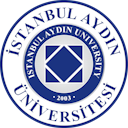
Istanbul Aydin
Language
Turkish
Tuition fees (Schedule)
$4000


Bahçeşehir
Language
English
Turkish
Tuition fees (Schedule)
$5950
$5950


Istanbul Bilgi
Language
Turkish
Tuition fees (Schedule)
$5032


Istanbul Medipol
Language
Turkish
Turkish
Tuition fees (Schedule)
$5000
$6000


Atilim
Language
English
Tuition fees (Schedule)
$5500
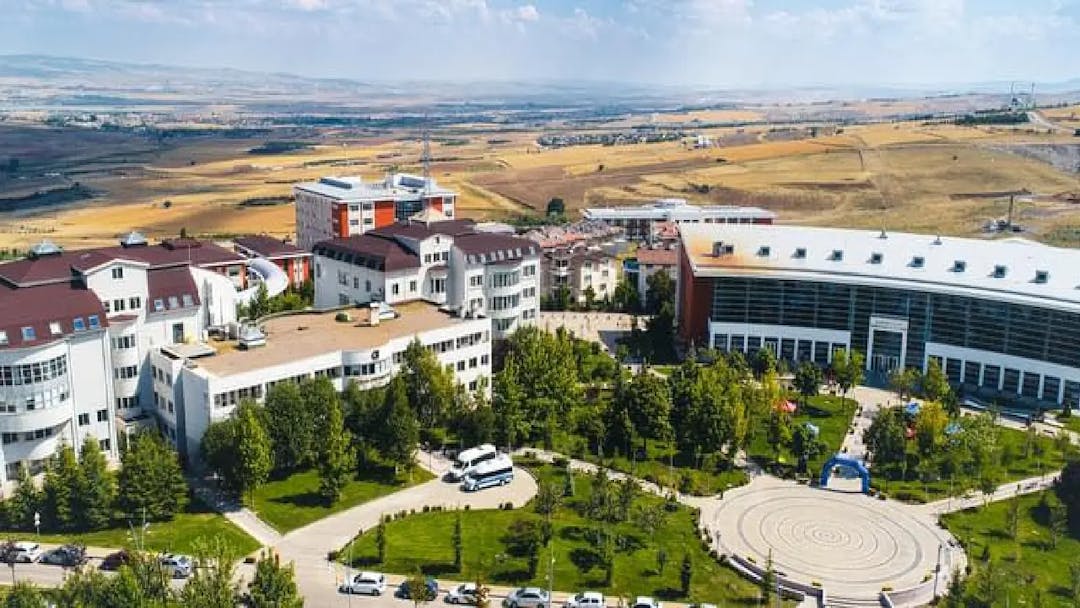

Istanbul Gelisim
Language
Turkish
English
Tuition fees (Schedule)
$3500
$4000


Halic
Language
English
Tuition fees (Schedule)
$5200


Atlas
Language
Turkish
Tuition fees (Schedule)
$2925


Biruni
Language
Turkish
Tuition fees (Schedule)
$3400
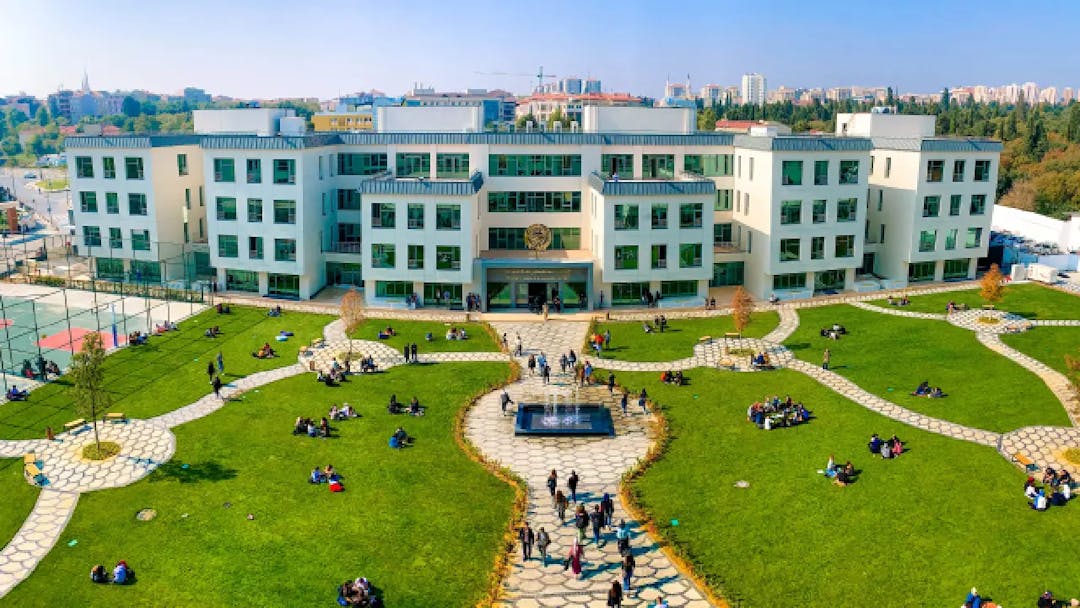

Üsküdar
Language
Turkish
Tuition fees (Schedule)
$3260


Istanbul Okan
Language
English
Turkish
Tuition fees (Schedule)
$0
$0
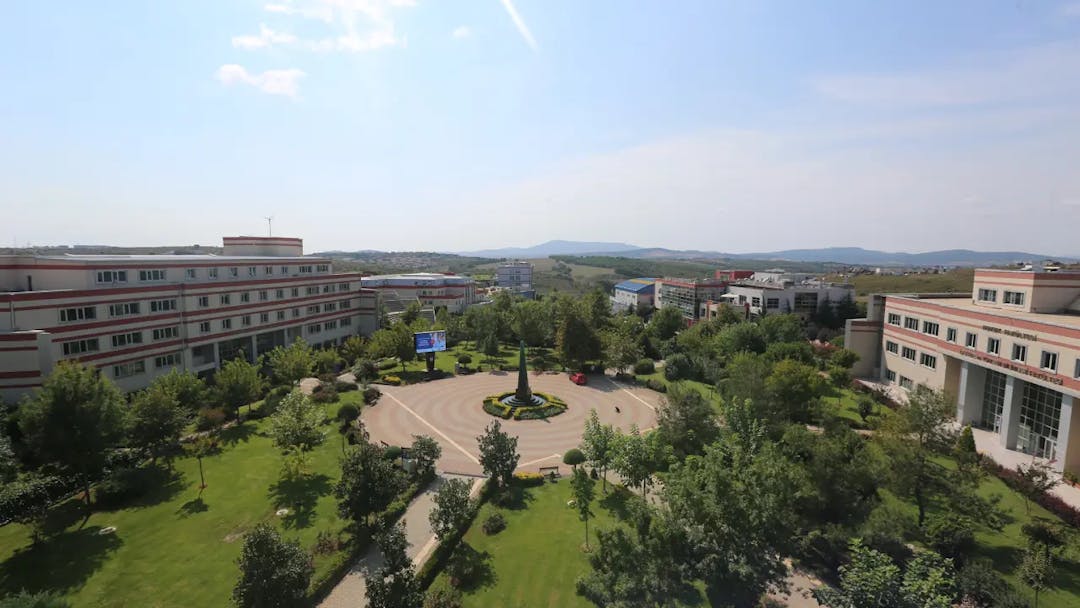

Istanbul Kent
Language
Turkish
English
Tuition fees (Schedule)
$2000
$2900


Ankara Medipol
Language
Turkish
English
Tuition fees (Schedule)
$4080
$4760


Hasan Kalyoncu
Language
Turkish
Tuition fees (Schedule)
$0


Istanbul Nişantaşı
Language
Turkish
Tuition fees (Schedule)
$3250


Istanbul Yeni Yüzyıl
Language
English
Tuition fees (Schedule)
$2300


Istanbul Arel
Language
Turkish
Tuition fees (Schedule)
$3500


Fenerbahçe
Language
Turkish
Tuition fees (Schedule)
$3000


Istanbul Esenyurt
Language
Turkish
Tuition fees (Schedule)
$2200


Antlya Bilim
Language
English
Tuition fees (Schedule)
$2905
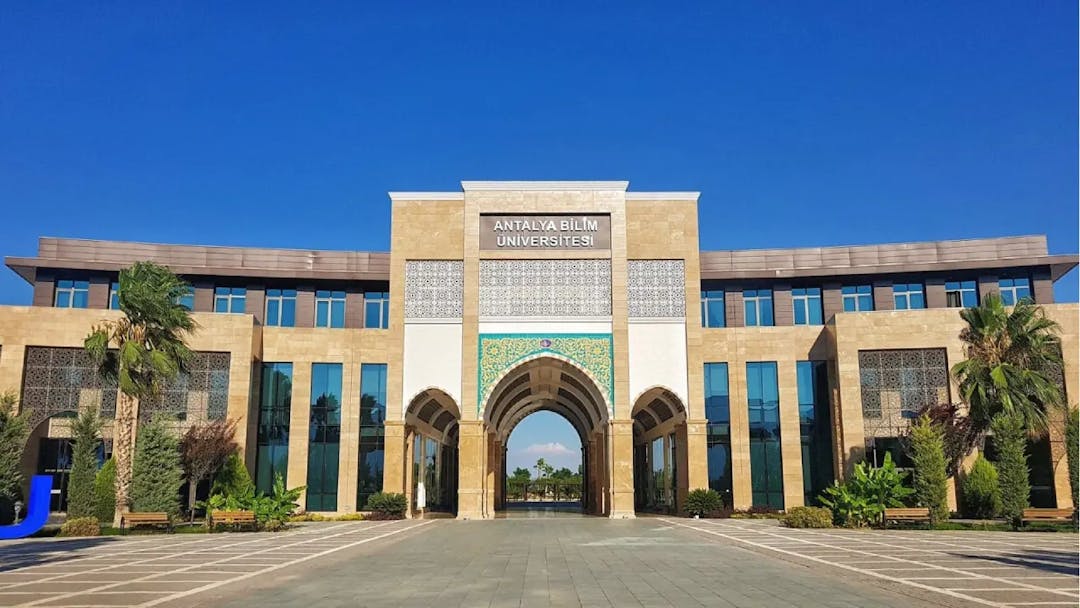

Istanbul Gedik
Language
Turkish
Tuition fees (Schedule)
$2000


Istanbul Kultur
Language
Turkish
Tuition fees (Schedule)
$2125


Yeditepe
Language
English
Tuition fees (Schedule)
$0
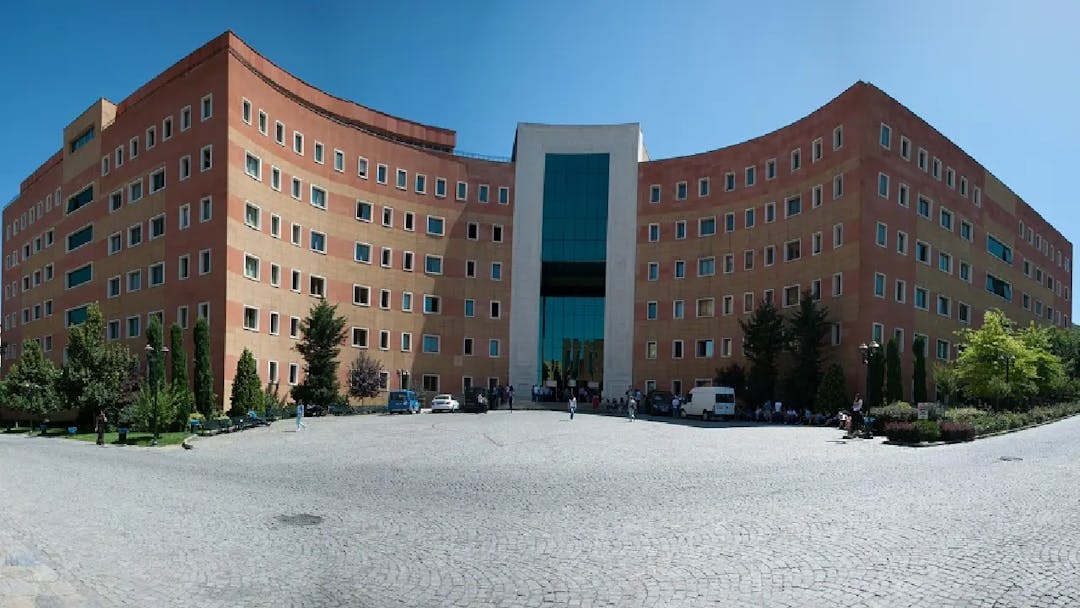
| University | Language | Tuition fees (Schedule) |
|---|---|---|
| Istinye | Turkish | $6,700 |
| Istanbul Aydin | Turkish | $4,000 |
| Bahçeşehir | English | $5,950 |
| Bahçeşehir | Turkish | $5,950 |
| Istanbul Bilgi | Turkish | $5,032 |
| Istanbul Medipol | Turkish | $5,000 |
| Istanbul Medipol | Turkish | $6,000 |
| Atilim | English | $5,500 |
| Istanbul Gelisim | Turkish | $3,500 |
| Istanbul Gelisim | English | $4,000 |
| Halic | English | $5,200 |
| Atlas | Turkish | $2,925 |
| Biruni | Turkish | $3,400 |
| Üsküdar | Turkish | $3,260 |
| Istanbul Okan | English | - |
| Istanbul Okan | Turkish | - |
| Istanbul Kent | Turkish | $2,000 |
| Istanbul Kent | English | $2,900 |
| Ankara Medipol | Turkish | $4,080 |
| Ankara Medipol | English | $4,760 |
| Hasan Kalyoncu | Turkish | - |
| Istanbul Nişantaşı | Turkish | $3,250 |
| Istanbul Yeni Yüzyıl | English | $2,300 |
| Istanbul Arel | Turkish | $3,500 |
| Fenerbahçe | Turkish | $3,000 |
| Istanbul Esenyurt | Turkish | $2,200 |
| Antlya Bilim | English | $2,905 |
| Istanbul Gedik | Turkish | $2,000 |
| Istanbul Kultur | Turkish | $2,125 |
| Yeditepe | English | - |

